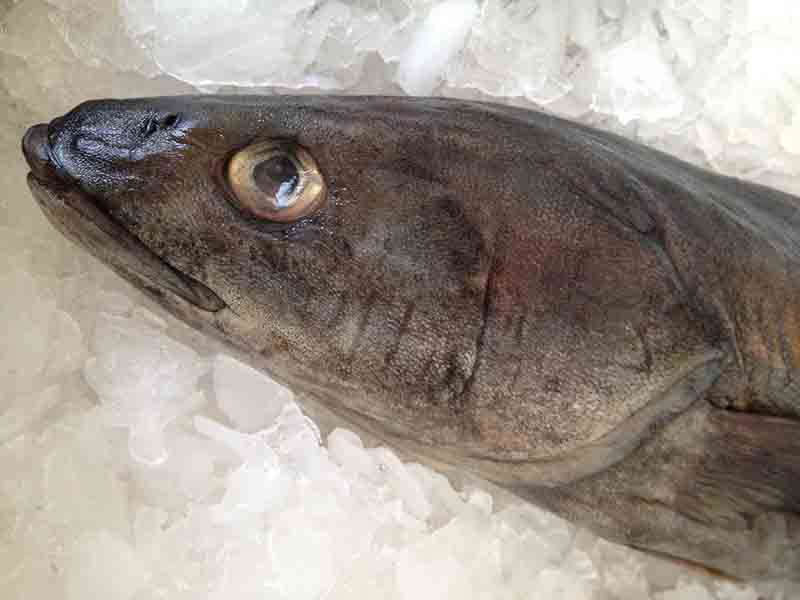Large volumes of small fish have softened ex-vessel prices for West Coast blackcod fishermen. Like Alaska, strong recruitment of age classes from 2014 and ’15 have begun showing up in West Coast fisheries as 2- and 3-pound fish. The abundance of smaller fish and the corresponding price per unit have created a market dynamic like the industry hasn’t seen in recent history.
Blackcod sales for decades have relied predominantly on market demand in Japan, and more recently in Asia, but the volumes of frozen supplies sitting in cold storage holdings at any moment dictate the price point at which the fish move from the freezers and through retail outlets. Distributors — and consumers — overseas know the clock is ticking against U.S. processors who incur increased costs of keeping the fish frozen each day that product doesn’t move.
At some point something’s got to give.
In a stagnant market, some processors reduce prices to liquidate inventories — cut their losses and run while others hold on in the hope that the cheaper fish will move through the market, prices will firm up and they can sell at prices commensurate with their projected profit margins.
The stakes in this game have been predicated on ex-vessel prices paid in the previous season, and this year’s season unfolded in a crap shoot. In May, cold storage holdings stood uncomfortably high.
“The Japanese market went to hell on us,” said Scott Adams, with Hallmark Fisheries in Charleston, Ore. “There’s still a lot of fish sitting around over there.”
With much of the volume tied up in 2- and 3-pound fish, retail prices per fish fell to a point of making those inventories cheaper and available to a different demographic.
“They’ve learned how to use the smaller fish in markets over there,” says Adams.
Consequently, fish that were selling at wholesale levels of $6.50 per pound in March dropped to $3.50 per pound in May.
Meanwhile, along the West Coast, fresh product kept coming across the docks, as the smaller, abundant blackcod showed up in fisheries directed toward other species.
“If you’re catching Dover sole in trawls, you’re catching blackcod,”said Adams, adding that the volume of new product will join holdover inventories in a flooded market.







